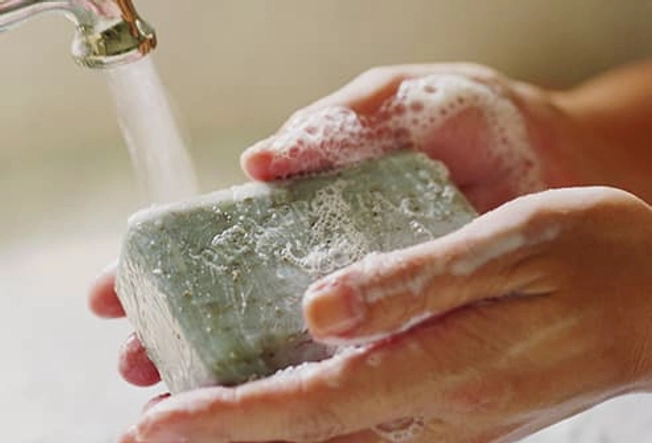How Well Are You Living With Hep C?


Avoid -- or at Least Limit -- Alcohol
Of the many things you can do to live a healthy life with hepatitis C, this tip is at the top of the list. The hep C virus attacks your liver. That makes the organ more sensitive to damage from beer, wine, and liquor. Small amounts might be safe for some people, but ask your doctor before you drink. If you already have liver damage or you’re getting hep C treatment, don't have any alcohol.

Eat Healthy for Your Liver
There is no special diet for hep C. But basic good-eating guidelines are an important way to protect your liver: lots of fresh fruits and vegetables, whole grains instead of processed ones, and lean protein over red meat. Too many fried and fatty foods can damage the organ -- so, make them less than 30% of your daily calories. Keep your weight in check, too. This will protect your liver and help you avoid getting diabetes, a risk for people with hep C.

Beware of Drugs and Supplements
Your liver processes any drug you take, so talk to your doctor about which ones are safe, even vitamins and supplements. Limit acetaminophen to four 500-milligram tablets a day. Aspirin, ibuprofen, and other painkillers are OK if you don't have scarring of your liver, called cirrhosis. It's unclear how street drugs affect this vital organ, but they can be dangerous for other reasons. Some studies say marijuana eases hep C symptoms and treatment side effects, but others say it could damage your liver.

Manage Treatment Side Effects
Treatments for hep C work better with fewer side effects than they used to. But they can still change how you feel -- you could have fatigue, aches and pains, and weight loss. To make sure you’ll keep taking your medicine, tell your doctor about any side effects you have. They can suggest things to help. Some may be simple solutions, such as gentler soap for dry skin, water to soothe a cough, and ginger ale or crackers to ease nausea.

Know the Facts About Safe Sex
Hep C spreads through blood, and rarely through other body fluids like semen. So, the chances of passing the virus through sex are low. If you’re in a long-term relationship with one person, you may not need to use a condom to protect them from the disease. (But you must wear one to avoid getting HIV or other STDs.) Some types of sex are riskier for hep C than others, like sex during your period and having anal sex. Ask your doctor about how to protect your partners.

Keep on Moving
Exercise is great for easing stress and it can help you fight fatigue. But make sure you get the right amount. Many people with hep C can follow the guidelines for all healthy adults -- 150 minutes of moderate or 75 minutes of vigorous workouts each week, along with strength-training at least 2 days a week. If you're not used to exercising or you're over 50, talk to your doctor before you start a workout plan.

Even Out Your Energy Levels
Fatigue is the most common symptom of hep C and its treatment. Keep it in check with simple lifestyle changes. Start with exercise. Even if you can’t run a marathon, you’ll have more energy if you move regularly -- take brief walks, work in the garden, or do tai chi. Take short naps or restful breaks when you can, and spread out your activities during the day. Drink plenty of water, and eat several small meals instead of three large ones. That can also help if hep C gives you nausea.

Don’t Skimp on Sleep
Aim for 7 to 8 hours a night. If you have trouble sleeping, make sure you avoid caffeine, heavy exercise, and screen time on your computer or phone about an hour before bed. Hit the sack at the same time each night -- even on weekends -- and sleep in a cool, dark, quiet room.

Aim to Ease Your Stress
It’s not easy to live with a long-term disease like hep C. Stress takes a toll on your body and mind. So make time to lighten your load -- yoga, positive thinking, and spending time with people you love are great ways. Do things you enjoy that have nothing to do with your disease. If you think you might have depression, ask your doctor about therapy.
IMAGES PROVIDED BY:
1) Getty Images
2) Getty Images
3) Getty Images
4) Getty Images
5) Getty Images
6) Getty Images
7) Getty Images
8) Getty Images
9) Getty Images
REFERENCES:
Hepatitis Foundation International.
HCV Advocate.
NHS.
US Department of Veterans Affairs.
New York State Department of Health.
NIH.
American Liver Foundation.
CDC.